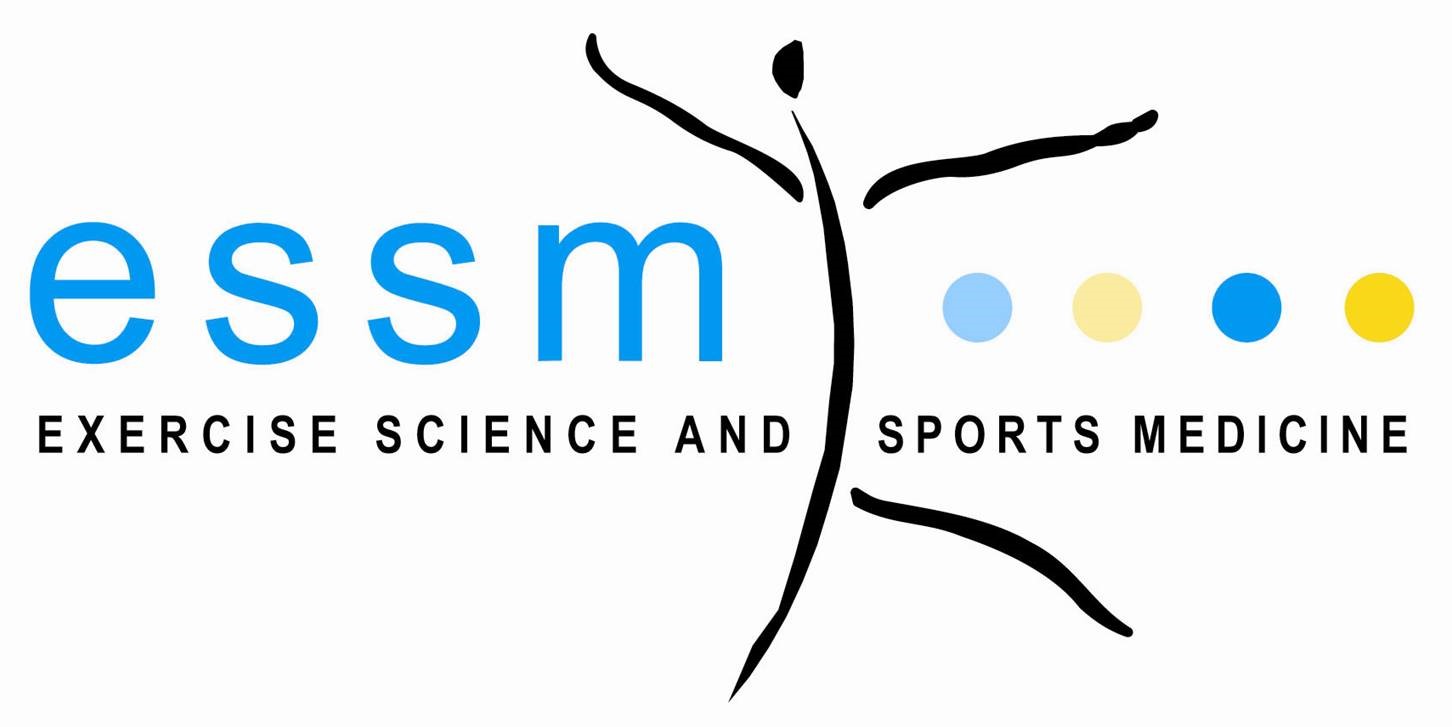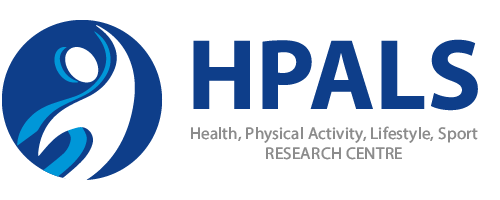Establishment of Exercise Science and the Bioenergetics of Exercise Research Unit at UCT
In 1981 Professor Tim Noakes, a newly appointed lecturer in Sports Science at the University of Cape Town, began his research in a small laboratory in the basement of the former Department of Physiology within UCT’s Faculty of Health Sciences’ Wernher Beit South Building. He had only one bicycle in the lab and one laboratory assistant, but a wealth of innovation and initiative. The decision to introduce academic training in Sports Science was taken in response to a need expressed by medical doctors, physiotherapists, scientists and students for proficiency in the field of “Sports Medicine”. In particular there was a need for a more scientific approach to the maintenance of good health and success in sport. At the time there were insufficient educational facilities to satisfy the South African demand in this field. Thus in 1981 Prof Noakes introduced a full-time one-year Honours course in Sport Science to meet this need. The first intake saw 13 students enrol. By 1989 the research had grown to such an extent that longâterm funding was secured from the South African Medical Research Council (MRC) and UCT. This enabled the start of the MRC/UCT Bioenergetics of Exercise Research Unit (BERU), which was the only unit of its kind in the country at the time.
Establishment of Biokinetics, Sports Medicine and Sports Physiotherapy at UCT
In 1991 the original Honours course in Sports Science was divided into Exercise Science and Biokinetics streams, to better prepare science and physical education students for their respective careers. Part-time, correspondence Masters’ courses in Sports Medicine and Sports Physiotherapy were started in 1990 and 1995, respectively, to allow physicians and physiotherapists to improve their specific knowledge of sporting injuries. Although the Sports Physiotherapy course is now managed by the Division of Physiotherapy within the Department of Health and Rehabilitation Sciences, staff within the HPALS Research Centre still teach and supervise research projects on the course. In 2011 we established the MPhil, in Biokinetics course, only one of two structured coursework Masters in Biokinetics programmes in South Africa.
Move to the Sports Science Institute of South Africa
BERU moved into the newly established Sports Science Institute of South Africa (SSISA) in Newlands during August 1995. SSISA was built by a Section 21 (not for gain) company called Sports Science Share Block (Pty) Ltd, with funds donated to UCT in 1994. The building is owned by UCT, SSISA and the WPRFU. SSISA’s mission is to “optimise the sporting performance and health of all South Africans through the execution, application and dissemination of science”. Members of BERU contributed to SISSA’s mission by running a high performance laboratory and a medical practice. BERU staff were also involved in SISSA’s physiotherapy, biokinetics and dietetics practices and in the Wellness and Fitness Division. The Wellness and Fitness Division included programmes such as Healthy Weight, OptiFit Walk and Run, Cardiovascular Risk Reduction and Reversal, Corporate Wellness, HealthNutz and Stress Management groups. Although located at SSISA, the BERU research unit remained part of the former Department of Physiology. This was amalgamated with the former Departments of Anatomy and Biomedical Engineering in 2000 to form the Department Human Biology within the Faculty of Health Sciences. The primary functions of its staff remained teaching, research, and social responsiveness.

Research Unit for Exercise Science and Sports Medicine
In 2000 the research unit changed its name to the UCT/MRC Research Unit for Exercise Science and Sports Medicine (ESSM). Professor Noakes retired at the end of 2014 and the Directorship of the Unit was taken over by Professors Estelle Victoria Lambert and Malcolm Collins until it became recognised as the Division of Exercise Science and Sports Medicine within the Department of Human Biology, Faculty of Health Sciences. In 2021 the Division of Exercise Science and Sports Medicine was incorporated into the Division of Physiological Sciences to consolidate teaching within the Department of Human Biology.

Health through Physical Activity, Lifestyle and Sport (HPALS) Research Centre
The Health through Physical Activity, Lifestyle and Sport (HPALS) was established in 2018 as an accredited research entity at the University of Cape Town, under the directorship of Professor Estelle Victoria Lambert. The original vision of HPALS was to “optimize human performance and to promote health and well-being, addressing the growing pandemics of obesity and inactivity, reducing the burden of disease and injury, through physical activity and sports participation”. We aimed to achieve these goals through transformative research, innovation, teaching, training and the provision and evaluation of clinical services, designing scalable, sustainable interventions and the application of technology. In 2022, the HPALS Research Centre was re-accredited for a further 5 years with a broader mandate and scope, the revised mission of which included the aim to mitigate adverse health consequences of the syndemic of physical activity insecurity, obesity, malnutrition and sleep disparities.
Sleep Science
In 2008 a postdoctoral research fellow, Dr Dale Rae, began research in the field of sleep as it related to sports performance and health and well-being. The sleep science research programme within our Research Centre is now well-established, and the teaching of sleep physiology is being integrated into numerous programmes within the Faculty of Health Sciences. Through interacting with research participants around sleep, Dr Rae and her students observed a “gap in the market” for the provision of sleep services and education to the public. In response, they have built a company (Sleep Science) which directly translates what the team learns through research to sleep-related products and services for the public.
Growth of Sport and Exercise Medicine and Biokinetics
Part of the reasons for restructuring was recent developments in the clinical disciplines of Sport and Exercise Medicine, and Biokinetics, as well as the establishment of a new academic clinical department within the Faculty of Health Sciences. Biokinetics and Sport and Exercise Medicine will be incorporated together with Emergency Medicine and Family Medicine into the new department, while research activities will continue within HPALS.
The updated and approved new HPCSA minimum standards for training Biokineticists have led to the HPCSA requirement for the transformation of the Honours in Biokinetics degree to a 4-year undergraduate professional degree. The alignment of this qualification with all other health and rehabilitation qualifications warrants the integration of Biokinetics within a clinical department to establish a larger clinical platform for training, and is therefore being restructured under a new clinical department within the faculty. The prospect is to implement the new biokinetics qualification in 2025 and the discontinuation of the Honours in Biokinetics in 2026. The Biokinetics Teaching Unit has grown its footprint in the public health sector, by being one of the first Biokinetics training units, nationally, to implement Biokinetics services to Public Health Care patients at a nearby provincial secondary hospital, and is one of the Health care services that will be further expanded within the new department and within the transformation to a new 4-Year Undergraduate curriculum.
After a long process, Sport and Exercise Medicine has finally been approved as a speciliatilty within the College of Medicine of South Africa (CMSA). UCT was also the first university to establish a Sport and Exercise Medicine clinic within a public hospital.
Some Interesting Facts
Since the first course in 1981, 719 students have been trained until the end of 2021: 1 DSc, 3 MD, 112 PhD, 41 MPhil (Sport and Exercise Medicine), 14 MPhil (Biokinetics), 82 MSc, 300 Exercise Science Honours and 238 Biokinetics Honours.
HPALS, who has for the last few years been ranked in the top 50 (world ranking), ranking went up to 41 in the Sport Science category in 2022
